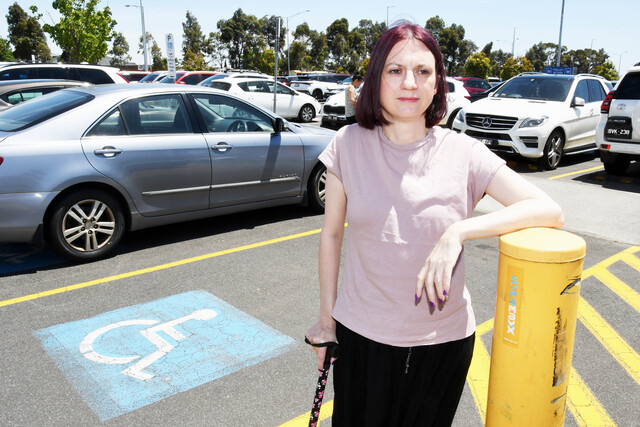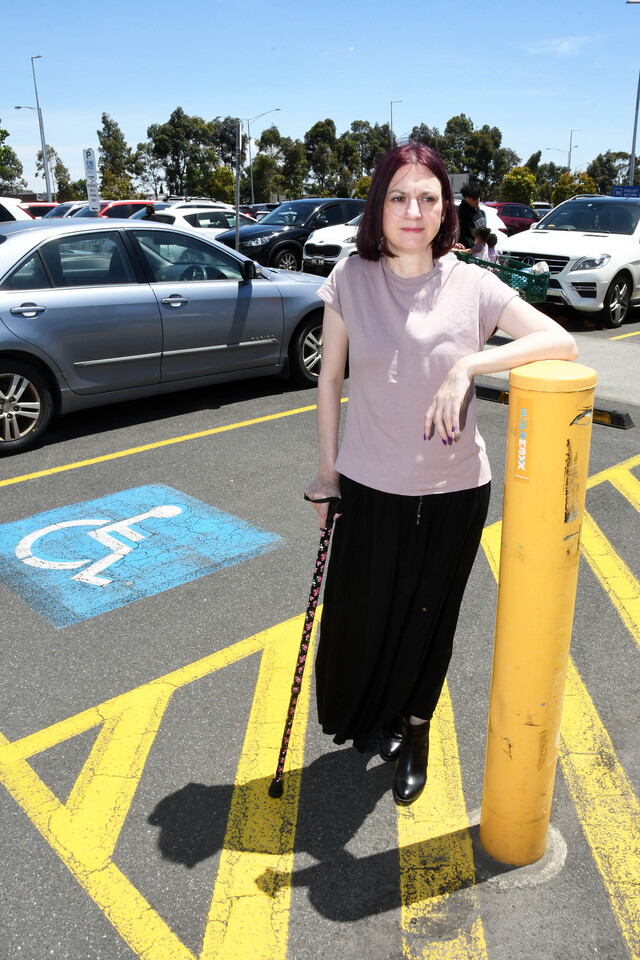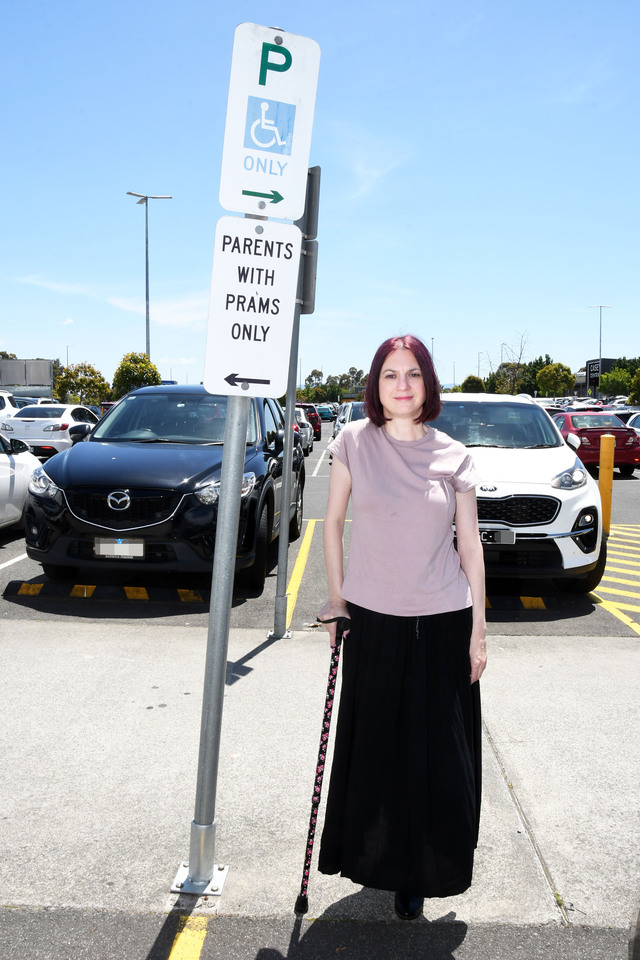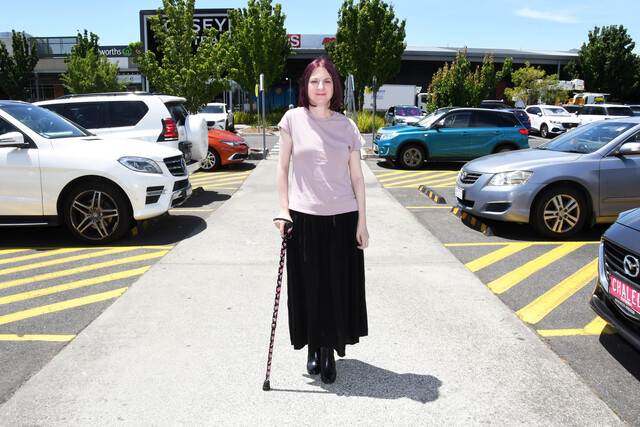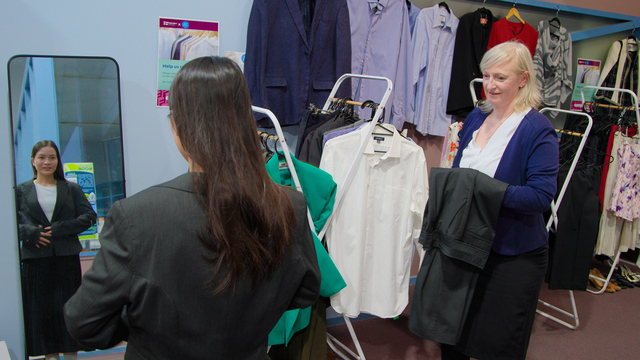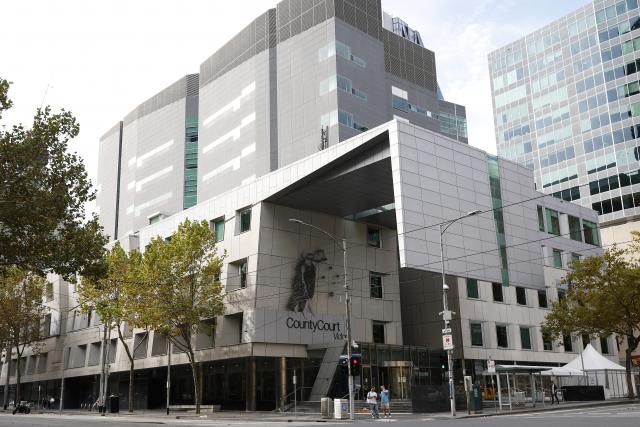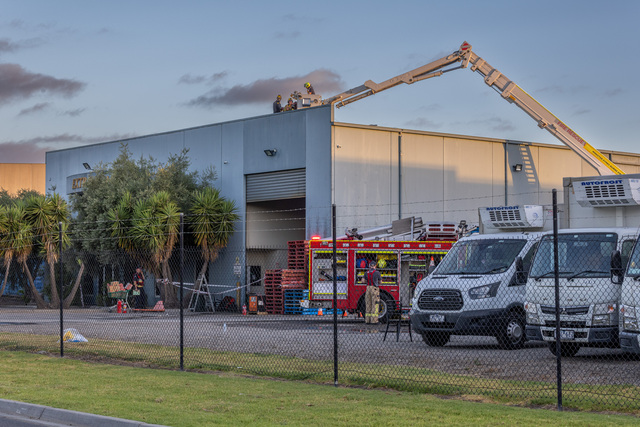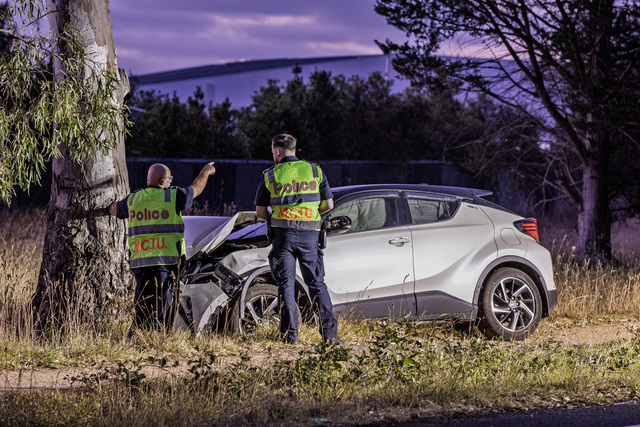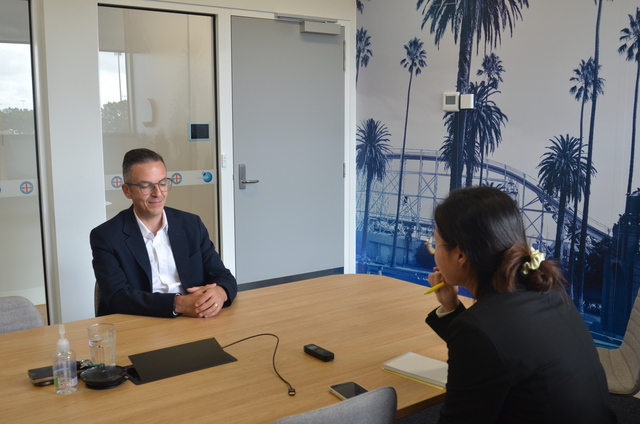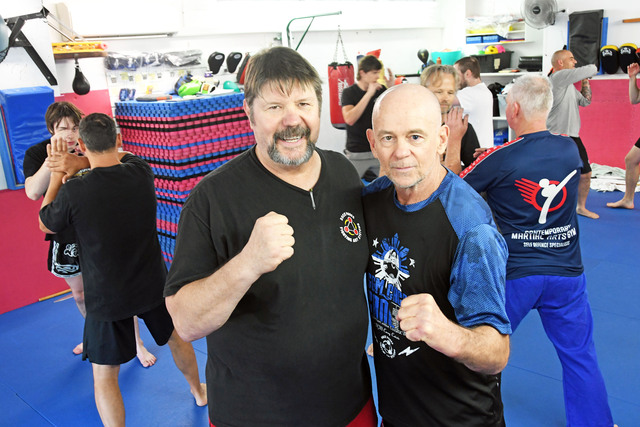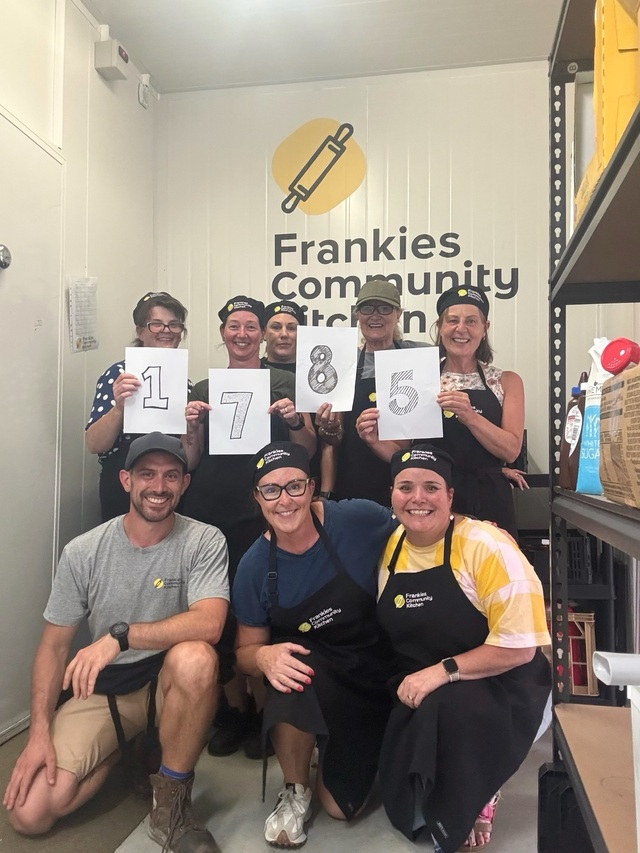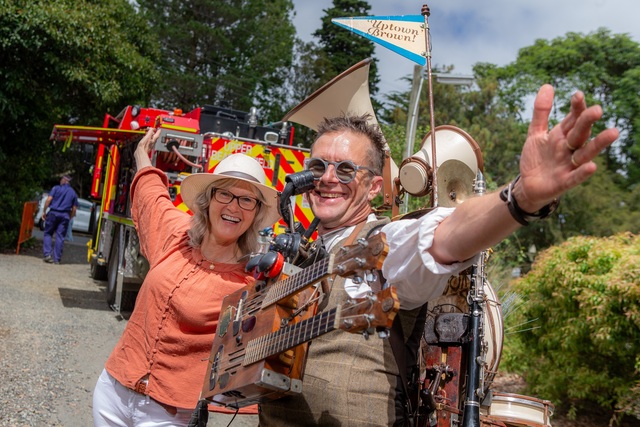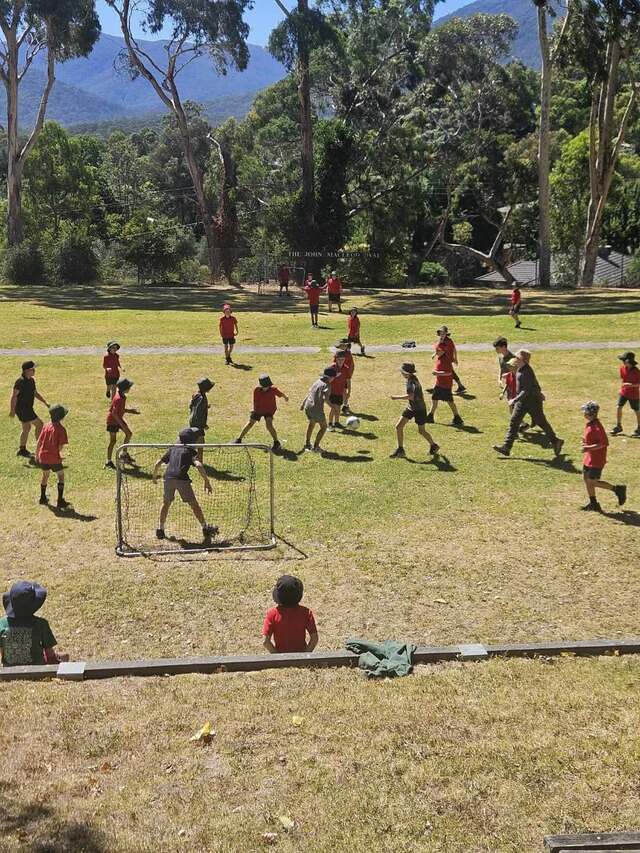Individuals with chronic illness are exercising their right to double parking, yet a disturbing trend of abuse is emerging.
Berwick residents Steph Widdowson and Mary-Anne Valla have invisible disabilities, making them particularly vulnerable to abuse and scepticism.
According to Transport Victoria, a double time (DT) permit allows the driver or passenger to park in a standard parking bay for double the time on the parking sign.
While a medical practitioner has certified that they meet the mobility impairment criteria for the double parking, that’s not enough to end the cycle of abuse.
Steph Widdowson has had a disabled permit for 20 years and she still feels nervous anytime she parks in a disabled spot because it is still common to get harassed.
“I feel really lucky when I get to a car park and there are several disabled spots free, because then I’m less likely to get abused on it,” she said.
“I know if I park too far away I’m going to have a lot of trouble getting back to the car after I’ve finally finished the shopping. It takes so much out of me mentally as well since my stroke, that sometimes the thought of having to walk all that extra way sometimes means I’ll turn around and go home, because I know I just can’t do it. If I turn into the car park and the disabled spots only have one free I know it could be a problem if someone else wants to park there. You never know if it’s going to be safe.”
“I’ve had people yell and shake their fists at me when I turn into a disabled spot. I believe from outside the car they see an able bodied person driving on their own and they make judgements. I’ll often just point at my disabled permit and shrug at them. If they are looking particularly angry I’ll stay in my car until they leave. If it’s a response of them just pulling faces at me but no yelling, I’ll get out of the car and they will then see me use my walking stick to help me get out of the car and then stand. They usually lose their bluster and at that point I don’t get much more bad treatment.”
Parking in a disabled spot not only comes with abuse, but the pressure to prove and justify her disability to others.
“It was worse when I was in my twenties, when I still looked young and I didn’t need the walking aids yet. In my head I’m yelling back, ‘my wheelchair is in the boot, would you like to see it? Do you want a doctor’s note?’ But I’m not one for conflict so I just get out of there,“ Steph said.
“I hate when people ask what my disability is. It’s long and complicated. I will usually give the short answer, “I fractured my pelvis in 3 places” but then they want the how and when. It’s none of their business. I don’t mind it in a social situation, to someone I’m getting to know, but I do not want to be explaining it to strangers. I often want to justify why I need the spot, and give them the whole picture so they’ll leave me alone. But I never do because it’s none of their damn business, all that should matter is that I have a disabled permit.”
For Mary-Anne, having invisible disabilities and being young is the worse combination.
“I have disabilities that are invisible to the average person (rheumatoid arthritis, autoimmune disease and several spinal conditions) and when I had parked in a spot when I was at my worst (I could barely walk) I got abused by a woman because she assumed ’I’m young and not disabled,” she said.
“My mother was once abused for using a parents with prams parking which was the next closest car park as all the disabled car parks were taken and some of those cars had no permits. I’ve seen a lot of snarky looks and comments, especially when some disabled people or their carers have had trouble parking with the spots getting smaller and smaller.“
Outlook senior program planner and disability advocate Jayden Harrison said the abuse tends to escalate during holiday seasons like Christmas.
“Especially coming into the end of the year, everyone is in such a rush to get where they need to go. We find that once they realise the person occupying the car park is actually in need of the specialised spaces, extended time, and closer proximity to the shop, the upset individual tends to appear quite embarrassed. Education is always the key! The more that people understand the reasoning behind Disability Parking and Double Time permits, the less abuse that will occur.“
“A zero tolerance policy towards people getting abused especially when they are just trying to access the places that are important to them is necessary. Stamping out abuse towards people with disability and those that support and care for them is something that everyone can be apart of. Calling out poor attitudes, behaviours and providing support to someone with a disability when they are in the public will go a long way towards helping some of our most vulnerable community members feel safe and supported.”
Steph and Mary-Anne Valla have not reported their incidents to authorities as “there is no law against being insensitive or ignorant”. Now they feel it’s the perfect time to bring awareness and change misconceptions.
“When most people think of disabled parking, they picture the familiar symbol of a person in a wheelchair. But that is only one form of disability, it doesn’t cover the unseen ones. For instance, people with conditions like heart issues or cancer may struggle to walk long distances, even though their challenges aren’t always visible.There are some who are quite socially conscious who understand the spectrum of disabilities. But there are also some who think it’s gone too far and should only be for people in a wheelchair,” Steph said.
“Sometimes I feel there’s a need to talk about it. To bring awareness to the community that many of us younger members of the public have disabilities too. I take it as an opportunity to remind people that not all disabilities are visible ones. I’d love to see some ads showing some real disabled people and stating what their diagnosis is. Some may be obvious, like wheelchair users, however, others, especially younger people like myself are not,“ Mary-Anne said.

